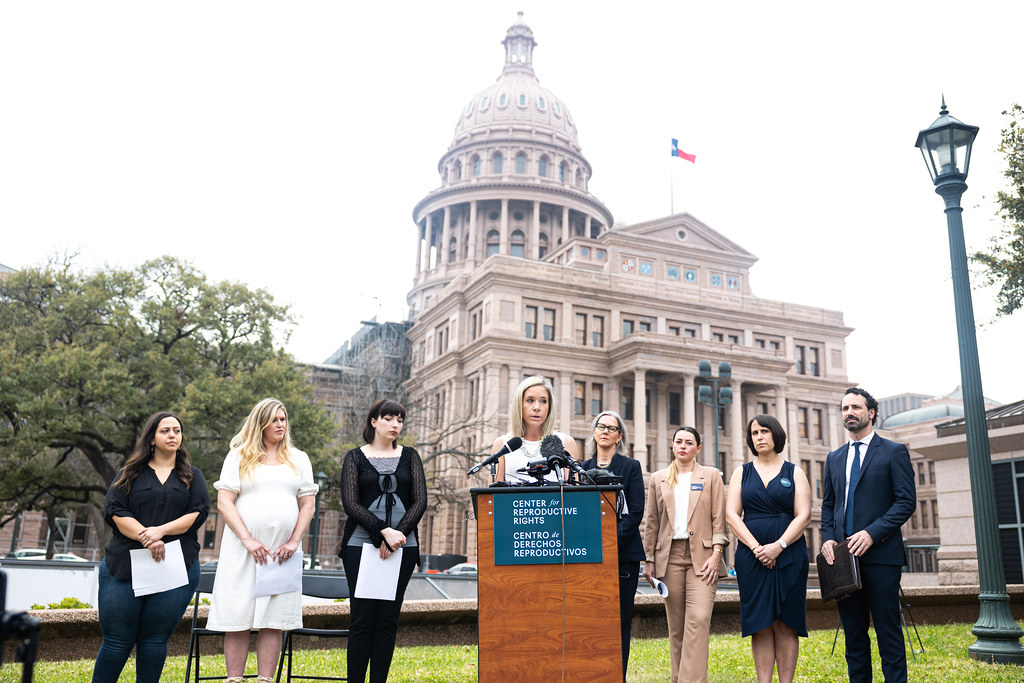Last week, a judge in Austin issued a temporary injunction to the state’s abortion ban. The decision would allow women with complicated pregnancies to obtain the procedure and keep doctors free from prosecution if they determined the fetus would not survive after birth.
However, only hours later, the attorney general’s office filed an appeal with the Texas Supreme Court, blocking the judge’s order from taking effect.
Marin Wolf, who covers health care for the Dallas Morning News, said Judge Jessica Mangrum issued the ruling because she found the law too restrictive for pregnant patients in Texas with medical complications. The ruling also takes into account patients with fetuses that would not survive long after birth.
“This injunction was just part of a bigger case that is set to go to trial in late March,” Wolf said. “If the injunction stands after the Texas Supreme Court makes a ruling on it, that would be in place until the full trial happens in March.”
The Texas Supreme Court is involved, Wolf said, because the attorney general’s office made an “interlocutory appeal.” This sent the appeal straight to the state Supreme Court and immediately paused the injunction until a decision is made.
» GET MORE NEWS FROM AROUND THE STATE: Sign up for our weekly ‘Talk of Texas’ newsletter
This means, if you are experiencing a complicated pregnancy in Texas right now, the state law banning abortion care currently takes precedence over the judge’s temporary ruling.
“As it stands right now, the law is just how it was Friday morning before the judge in Travis County made that decision,” Wolf said.
Wolf said the judge in this case was likely persuaded by hearing testimony from the plaintiffs.
“In speaking with other legal experts, we found that this case is actually pretty unique,” Wolf said. “The fact that they had plaintiffs who were patients that were denied or forced to delay an abortion — rather than just having an abortion clinic filing this lawsuit — is pretty unique. And I think it was the testimony of those plaintiffs who got on the stand in Austin that probably swayed the decision of the court.”
The women suing the state spoke to the court last month about experiencing severe medical complications.
“One woman, Amanda Zurawski, who is the lead plaintiff on the case, went into sepsis while she was pregnant and essentially had to wait until her life was in active danger to be given an abortion,” Wolf said. “Other plaintiffs had to travel out of state to receive abortions because they had medical complications or because their fetus had medical complications. And one woman even had to carry her pregnancy to term because she didn’t want to leave the state to get an abortion.”
Wolf said this case could have implications for other states that have banned abortion since Roe v. Wade was overturned last year.
“This is one of the earliest cases challenging these abortion laws post Roe, and so it’s being watched very closely,” she said. “It also might set a new playbook for lawyers in other states who are looking to challenge their own state’s abortion laws.”














